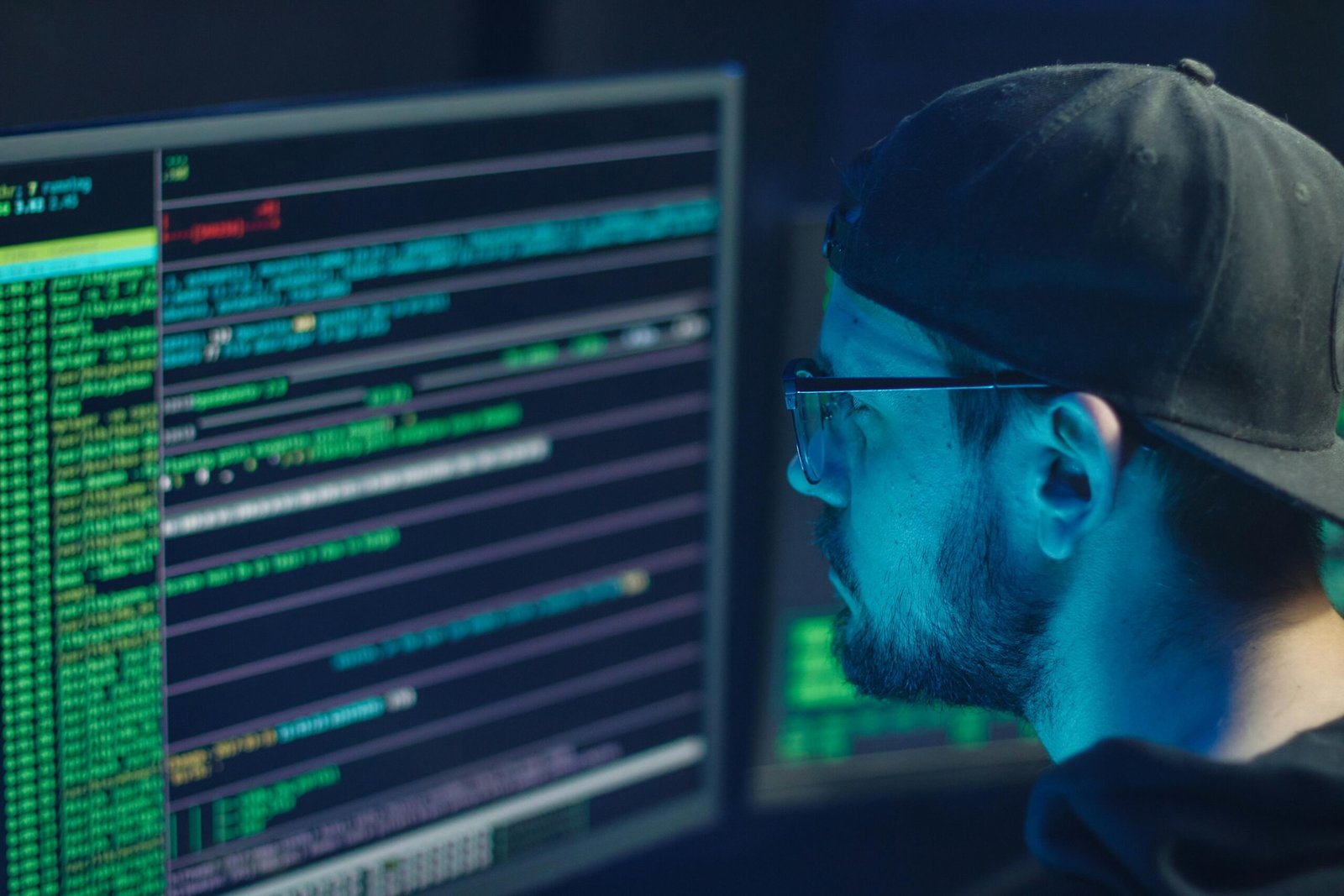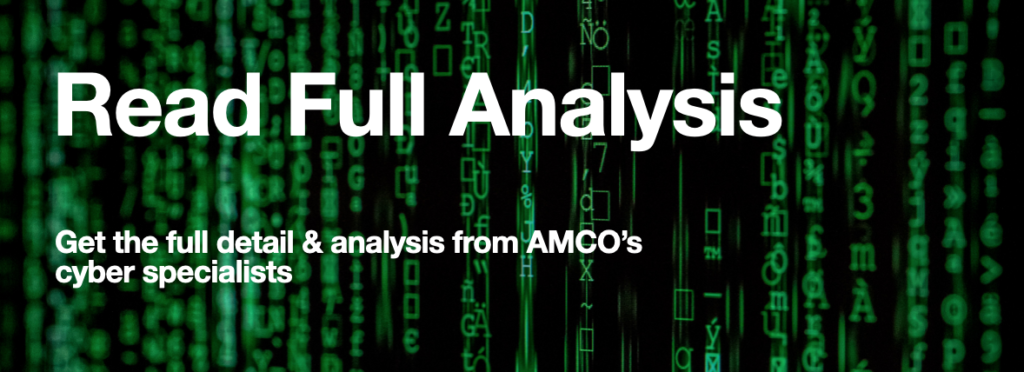
60-Second Summary
In essence, yes. Although browsing the dark web isn’t illegal, it has long been associated with criminal activity, often justifying government scrutiny and access to certain data. However, if you value your privacy and wish to avoid being tracked, there are precautions you can take to safeguard your online activities.
- The Dark Web, accessed via Tor, offers anonymity but is not completely secure.
- Governments track activity through traffic analysis, compromised nodes, and server seizures.
- Visiting the Dark Web isn’t illegal, but accessing unlawful content or repeated use may raise suspicion.
AMCO’s Top Security Tips
- Stay legal: Avoid illegal activities.
- Use a VPN: Enhance privacy when using Tor.
- Follow best practices: Update tools, disable scripts, and avoid personal logins.
- Monitor your data: Check for breaches with monitoring tools.
Learn more & get details
To learn more about this subject, read our team’s full analysis below . . .

How the Dark Web works
The Dark Web, a subset of the Deep Web, hosts unindexed content accessible only through tools like Tor or I2P. These encrypt user data and route it through multiple servers, masking IP addresses and locations to prevent easy identification.
Despite its robust encryption, the Dark Web is not entirely secure. Network flaws or user mistakes can expose identities. It supports both legal activities (e.g., free speech) and illegal ones (e.g., black markets).
Can the Government track Dark Web activity?
Governments use advanced tools to monitor Dark Web traffic. While identifying users is hard, it’s possible when errors occur. Key methods include:
- Traffic analysis: Monitoring patterns in Tor usage to link activity to users.
- Compromised nodes: Controlling or breaching Tor nodes to trace communication.
- Honeypots: Setting up fake Dark Web sites to collect user data.
- Server seizures: Seizing Dark Web servers to access logs and track users.
- User errors: Exploiting mistakes like logging into personal accounts or downloading unsafe files.
Is visiting the Dark Web illegal?
Simply visiting the Dark Web is usually legal, with legitimate uses like privacy protection or accessing censored content. However, frequent use or accessing illegal sites can draw attention. Governments may track connections to the Tor network, which ISPs can see, even if the content is encrypted. In countries with strict surveillance, using the Dark Web may attract scrutiny regardless of activity.
How to minimise the risk of being tracked
While no method guarantees complete anonymity, users can take steps to reduce the risk of being tracked by government authorities:
- Use a VPN: A reliable Virtual Private Network (VPN) can mask the initial connection to the Tor network, making it harder for ISPs and authorities to detect Dark Web usage.
- Follow best practices: Disable browser scripts, avoid downloading files, and never use personal credentials on the Dark Web.
- Adopt privacy-focused tools: Consider using the Tails operating system, which is designed for anonymity and leaves no trace of activity.
- Stay legal: Engage only in lawful activities on the Dark Web to minimise the risk of government surveillance.
Why does the Government monitor the Dark Web?
Governments monitor the Dark Web primarily to combat cybercrime, terrorism, and illegal trade. Law enforcement agencies actively work to dismantle criminal networks operating on the Dark Web, including marketplaces for drugs, weapons, and stolen data. Surveillance also helps authorities identify threats such as ransomware campaigns and hacking-for-hire services.
At the same time, governments face the challenge of balancing national security with individual privacy rights. While many legitimate users turn to the Dark Web for anonymity and free expression, its association with illegal activities often justifies government intervention.

AMCO’s Recommendations
Navigating the complexities of browsing the internet and online privacy can be challenging. Here are AMCO’s tips for staying safe and reducing risks:
- Stay legal: Use the Dark Web responsibly, avoiding illegal content or services. This reduces the likelihood of being tracked by law enforcement.
- Use a VPN: Encrypt your internet traffic and mask your connection to Tor for added privacy.
- Follow best practices: Keep your Tor browser updated, use privacy-focused tools like Tails, and avoid common mistakes such as logging into accounts tied to your real identity.
- Monitor your data: Data breaches can expose your information. Use monitoring tools to check if your personal data appears on illicit marketplaces.
- Consult professionals: Seek advice from cybersecurity experts to better understand online privacy and minimise the risk of surveillance.




Leave a Reply